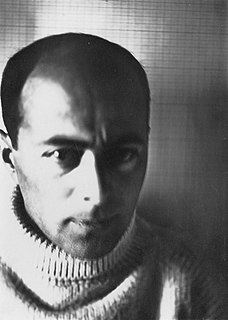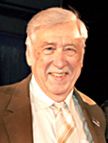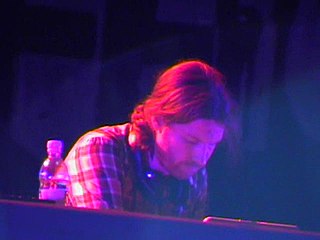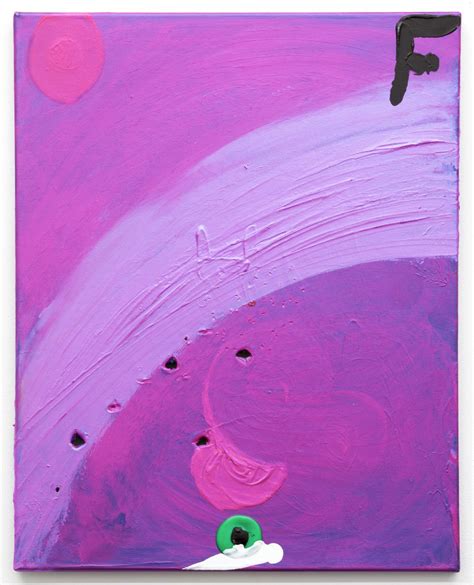A Quote by Albert Einstein
In music I do not look for logic. I am quite intuitive on the whole and know no theories. I never like a work if I cannot intuitively grasp its inner unity (architecture).
Related Quotes
When the logician has resolved each demonstration into a host of elementary operations, all of them correct, he will not yet be in possession of the whole reality, that indefinable something that constitutes the unity ... Now pure logic cannot give us this view of the whole; it is to intuition that we must look for it.
I think the gift of music is it's intuitive capability. I think music is a powerful medium because it co-inspires. It inspires the artist who then inspires the listener, and it's a back-and-forth process. Because it's intuitive, the truth has to be defined intuitively. It can't be preached, it can't be pushed. It's got to normally go across organically and make someone feel something, and that's the power of music.
Promenade was totally driven by the context. The internal relationships of measurement and placement related to the central axis of the site. The placement of the rectangular plates followed a strict logic in that the plates tilted away and towards the center line in an asymmetrical counterpoint. However, the perception of the sculpture contradicts the logic of its relation to the site. As you walk inbetween the plates you see fragments, you see the work in part, you cannot grasp the whole.
His musical inspiration operates in a world uncluttered by conventional bar lines, conventional chord changes, and conventional ways of blowing or fingering a saxophone. Such practical 'limitations' did not even have to be overcome in his music; they somehow never existed for him. Despite this - or more accurately, because of this - his playing has a deep inner logic. Not an obvious surface logic, it is based on subtleties of reaction, subtleties of timing and color that are, I think, quite new to jazz - at least they have never appeared in so pure and direct a form.
A language possesses utility only insofar as it can construct conventional boundaries. A language of no boundaries is no language at all, and thus the mystic who tries to speak logically and formally of unity consciousness is doomed to sound very paradoxical or contradictory. The problem is that the structure of any language cannot grasp the nature of unity consciousness, any more than a fork could grasp the ocean.
I think I may have too much of a scientific mindset and am always looking for the caveats and qualifications in any situation. I never thought seriously of doing a PhD until relatively late in the day. I was always diligent at the book-work at university but the brightest amongst my friends all seemed to have a more intuitive grasp of the subject.
As a viewer, that's work I respond to - work that I know is singular in some way. If I'm being challenged by something on screen, if I don't quite know why it's happening, I want to know I can do the work of pulling it apart and that there'll be something satisfactory about it. If the architecture is sound, you can be lyrical in execution.





































